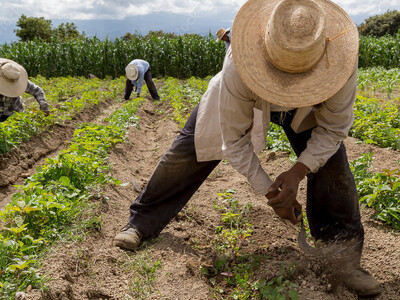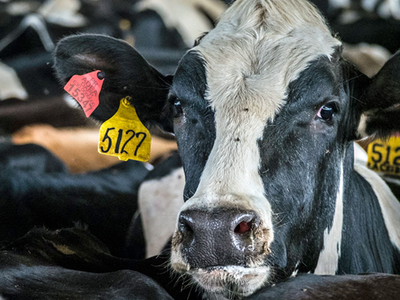Staying Ahead of EHV: What Southeast Horse Owners Should Know
Equine Herpesvirus, or EHV, has been getting renewed attention after cases tied to major horse events out West. And while these situations can shift quickly, veterinarians say it is a good reminder for horse owners in Florida, Georgia, and Alabama to stay alert. So let’s break it down using the five Ws of journalism.Who is impacted?
Anyone who owns, rides, or hauls horses. Show and rodeo horses that travel often, and the horses living with them, face the highest risk.
What should they watch for?
Fever, coughing, nasal discharge, or a horse that just seems off. More serious cases can involve stumbling or weakness. If you notice these signs, isolate the horse and call a vet.
When should owners act?
Right away. Early action can make a big difference in stopping the spread.
Where does this matter most?
From busy showgrounds in Florida to boarding barns in Georgia and roping arenas in Alabama. Anywhere horses mix.
Why the concern?
EHV spreads easily, often before symptoms show, but good monitoring and barn biosecurity can keep it in check.
For clear and reliable updates, you are encouraged to visit equinediseasecc.org.

















